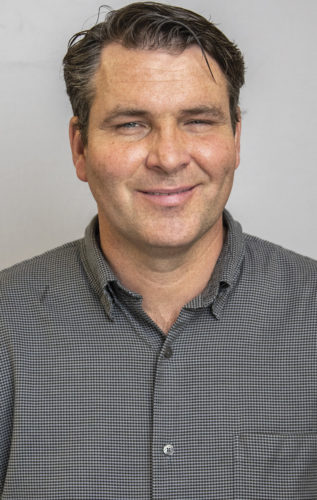The new studies done by the university’s Department of Agricultural, Life and Environmental Sciences show cooking ground beef at 160ºF, or 71ºC, as has always been recommended by government health agencies, does not consistently eliminate the strains of E. coli 0157 found in some hamburger. The strains resistant to that temperature were first identified eight years ago through the work of university food microbiologists Lynn McMullen, Michael Gaenzle and a team of graduate students.
“We’ve been hammering consumers for years to cook chicken properly, to handle it properly, and to do the same with ground beef, but still we seem to have these outbreaks of E. coli [attributed to hamburgers],” said McMullen, in a university news release. “Does this explain why? It might.”
E. coli (Escherichia coli) bacteria are found typically in the intestinal tracts of humans and animals. While most E. coli strains are harmless, others will cause hemorrhagic diarrhea and kidney failure.
The university has done eight years of repeat studies since identifying the resistance. Experiments identified the inconsistent patterns in E. coli resistance, with certain organisms surviving after being cooked for longer periods at 140ºF. Additional experiments and comparisons with other lab cultures showed the bacteria was able to withstand recommended temperatures. Researchers identified a suite of 16 genes found only in highly heat-resistant strains of E. coli under wet conditions. They dubbed these genomic groups the locus of heat resistance, or LHR. A review of the genome databases for LHR found it exists in 2 percent of all E. coli – including both the harmless and pathogenic strains.
“If it’s in 2 percent of all E. coli, and in pathogenic E. coli, there’s the potential that a pathogen could survive the standard cooking protocols for ground beef. It could mean we have to change the guidelines for cooking meat, because 71 degrees Celsius may not be enough.” ![]()

-
David Cooper
- Managing Editor
- Progressive Cattleman
- Email David Cooper








